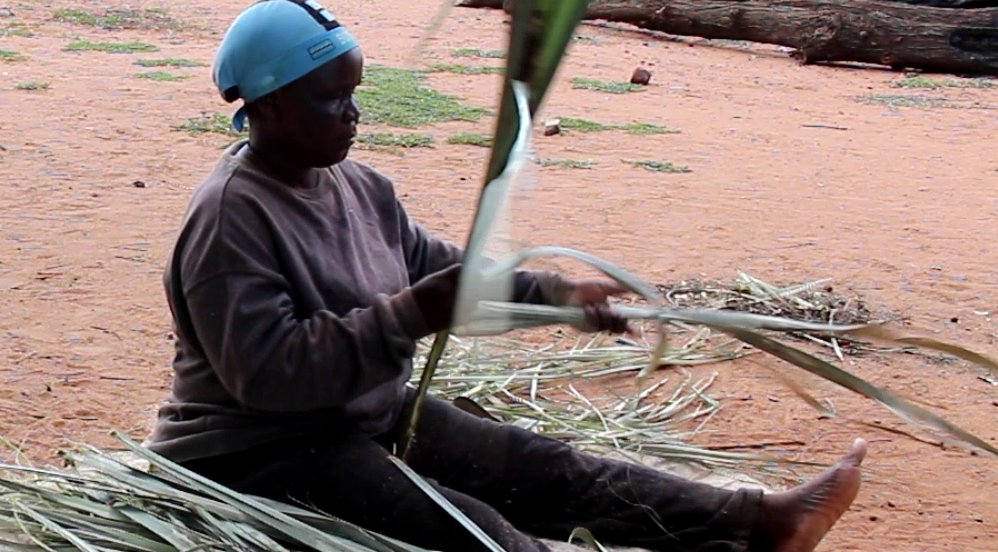Studies show that more than one billion people in the world have a form of disability. Women and girls with disabilities are not a homogenous group, they have different types of impairments, some are physical, psychosocial, intellectual, and sensory conditions. Women and girls with disabilities encounter many challenges which arise from systemic barriers such as inadequate access to information, health care services, education, and employment, discriminatory laws and policies particularly on issues of gender equality. These systemic barriers and exclusion lead to unequal access to and control over resources and assets, lower economic and social status, high rates of unemployment, vulnerability to gender-based violence amongst women and girls with disabilities.
The Covid-19 pandemic has also exacerbated marginalization. A high number of gender-based violence cases has been reported during the period of Covid 19. Botswana is not spared from the effects of the Covid-19 pandemic on its citizens in general, and on women with disabilities in particular. In the absence of concrete interventions from the Government, DPOs, and other stakeholders to save them, some women with disabilities are defying the social negative stigma to become role models for girls with disabilities in creating economic opportunities for themselves.
In this video case study, we profile a blind woman who is a craftsperson specializing in the weaving of baskets, hats, and chairs in Mochudi Village, which lies 23 miles (37 km) northeast of Gaborone.

